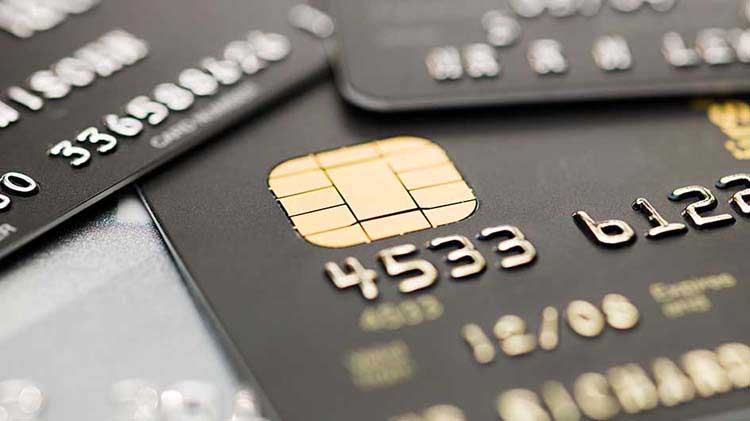Important bank fees information
Bank card fees vary. Before opening an account, it's important to understand which fees to expect. Here are some to consider:
- ATM transactions. If you use an ATM outside your bank's network, you may be charged a few dollars per transaction. Try to locate an ATM for your bank or a surcharge-free machine. If you plan to travel, withdraw cash at your bank ahead of time.
- Low minimum balance. Some accounts require you to maintain a certain balance. If you dip below that amount, even temporarily, you could be charged. Avoid this by keeping sufficient funds in your account, or switch to an account that doesn't require a minimum balance.
- Account inactivity. Idle accounts are sometimes subject to fees. If you don't use the account often, move your funds to one with less restriction. Or avoid the fee by scheduling a regular monthly transaction to keep it active.
- Closing fees. If you close an account, your bank may charge you a fee. Ask whether the bank can waive it, particularly if you open a new account with the same institution.
- Debit card transactions. Across the industry, debit card transactions are typically free. Occasionally, an institution will impose a fee on each transaction. Review your statements carefully and determine if you can pay any expenses a different way.
- Foreign transactions. Check to see if your card charges a fee for each transaction you make overseas. This might include an online purchase from an overseas-based company. If so, consider using a credit card with no foreign transaction fees, or use cash or travelers checks.
- Paper statements. Some banks may charge if you request paper statements instead of receiving them via email.




